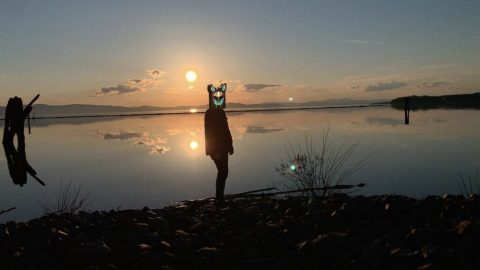
When Elon Musk was able to provide internet to remote Amazonian tribes, he likely assumed they’d be spending their time relishing in global connectivity, looking up recipes, or signing up for Twitter X Premium. Instead, the men of these tribes have become a little too preoccupied with the internet’s endless sea of porn.
As part of a deal struck with Brazil’s president, Jair Bolsonaro, Musk’s satellite company Starlink has brought web access to more than 66,000 people living in the Brazilian Amazon. While the connectivity has led to job and education opportunities for these individuals, the New York Times reports that young men have been watching a lot of graphic sex content online, sharing explicit images with each other in group chats and railing against their tribes’ chaste, conservative rules. Alfredo, one leader of the Marubo tribe, told The New York Times that he was concerned about the immediate effects: “We’re worried young people are going to want to try it.” He also reported that some leaders of other tribes had observed “more aggressive sexual behavior” from young men.
Alfredo, as well as other people in the tribes, also expressed discomfort with other easy-access internet features, such as violent video games, chatting with strangers on Instagram, and, as tribeswoman Tsainama Marubo put it, “The ways of the white people.” Alfredo is concerned about people paying less attention to each other, saying “Everyone is so connected that sometimes they don’t even talk to their own family.”
Related Video
The installation of the Starlink led to some heated debates within the Amazonian tribe, but they’ve also found some undeniable benefits to being connected. They’re now allowed to contact emergency services, which, given the Amazon’s high density of poisonous snakes, fish, and insects, is a huge plus.
Still, despite the internet’s practicality, many in the Marubo tribe and beyond are worried that their age-old traditions will be minimized and washed away by future generations as the online experience begins to alter their psyches. Brazilian activist Flora Dutras feels that while indigenous groups deserve connectivity, she’s wary of the way it’s given to them. “This is called ethnocentrism — the white man thinking they know what’s best,” Dutras said.









Recent Comments